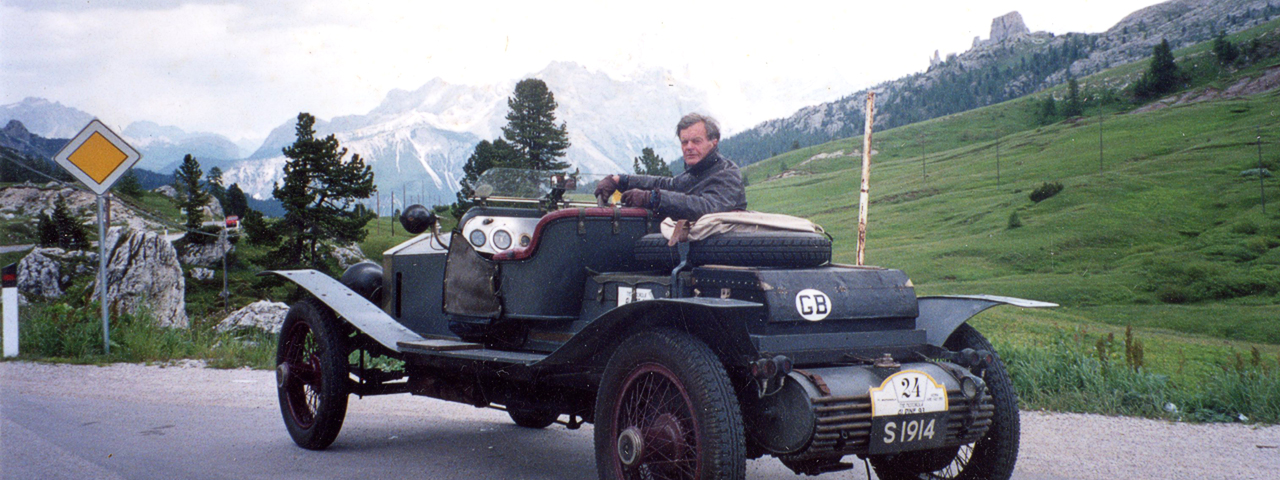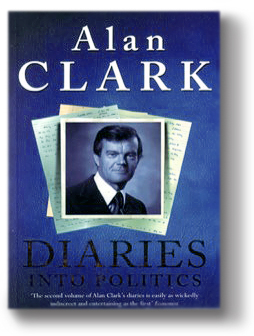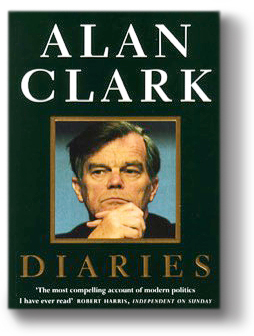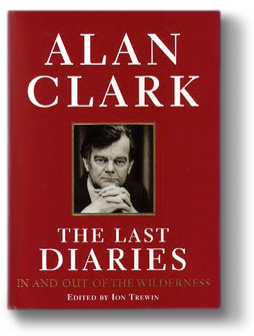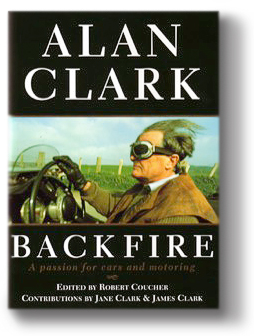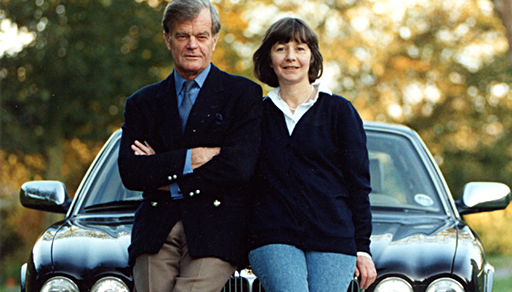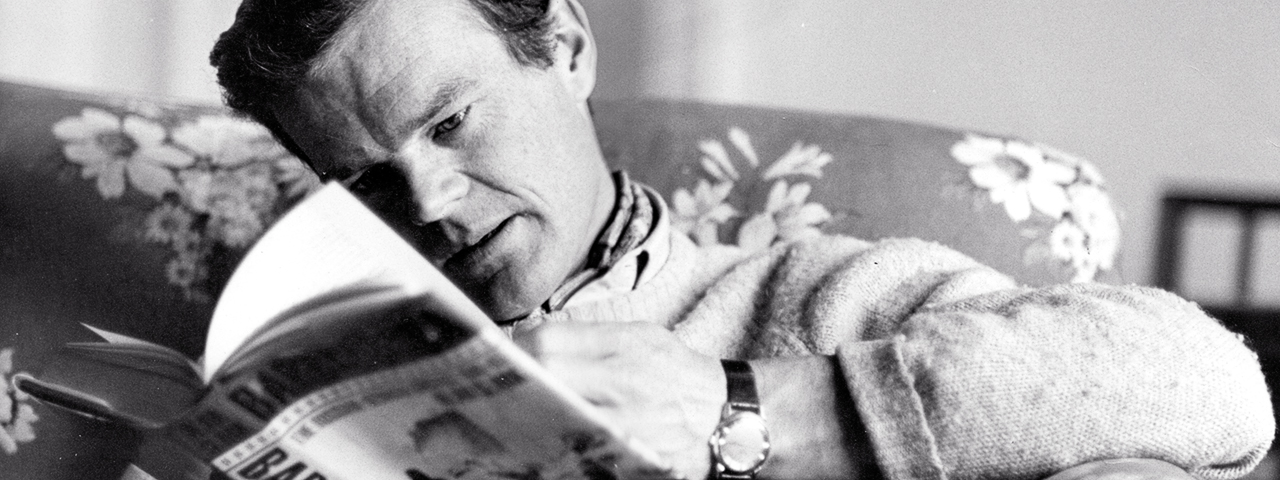
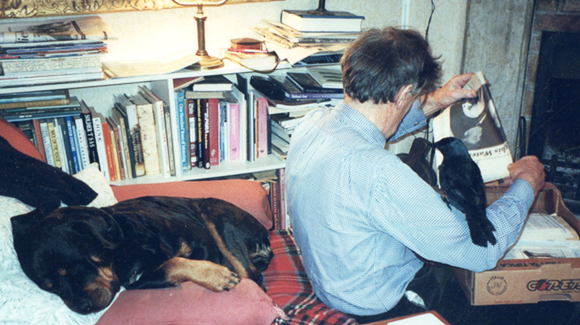
Clark joined the Conservative Monday Club in 1968 as an avid opponent of the Common Market, and was soon Chairman of its Wiltshire branch. He subsequently became MP for Plymouth Sutton in the February 1974 general election with a majority of 8,104 votes, when Harold Wilson took over from Edward Heath as prime minister. His first five years in parliament were spent on the Conservative opposition benches. He was still a member of the Monday Club in May 1975. It is unclear when he let his membership of the club lapse but possibly it was upon becoming a government minister. He continued to address Club events until 1992.
During the subsequent Party leadership contest he was urged to vote for Margaret Thatcher but he is thought to have favoured Willie Whitelaw. The following year came the free vote on the Common Market and Clark voted against. Although he was personally liked by Margaret Thatcher, for whom he had great admiration, he was never promoted to the cabinet, remaining in mid-ranking ministerial positions during the 1980.
Clark received his first ministerial posting as a Parliamentary Under-Secretary of State at the Department of Employment in 1983, where he was responsible for moving the approval of regulations relating to equal pay in the House of Commons.
In 1986, Clark was promoted to Minister for Trade at the Department of Trade and Industry. It was during this time that he became involved with the issue of export licences to Iraq. In 1989, he became Minister for Defence Procurement at the Ministry of Defence.
Clark left Parliament in 1992 following Margaret Thatcher’s fall from power, but became bored with life outside politics and returned to Parliament as member for Kensington and Chelsea in the 1997 election.
After quitting the House of Commons in 1992 he published his Diaries the following year. His political history, The Tories: The Conservatives and the Nation State, appeared in 1998. A second volume of his Diaries, covering his entry into politics until the Falklands War, was published in 2000, and a collection of his motoring journalism in 2001 under the title Back Fire: A Passion for Cars and Motoring.
